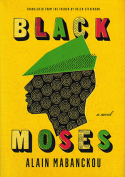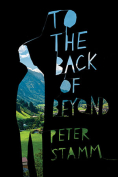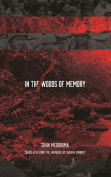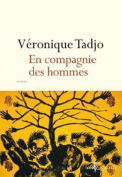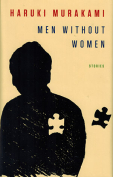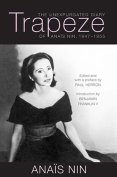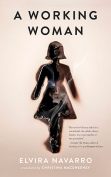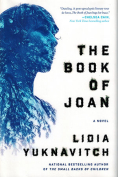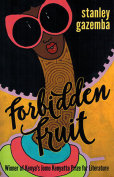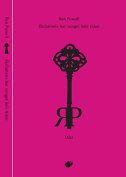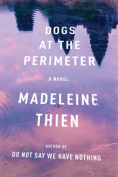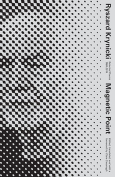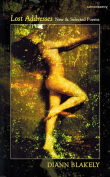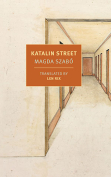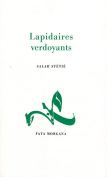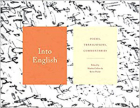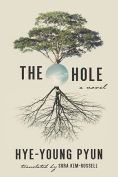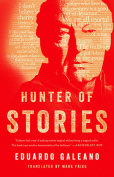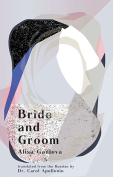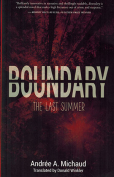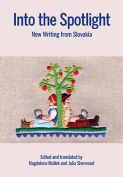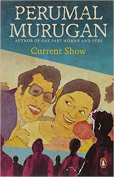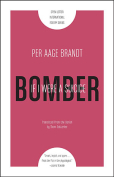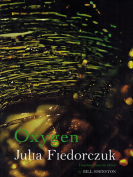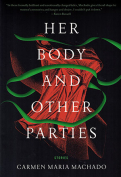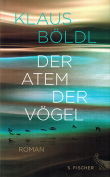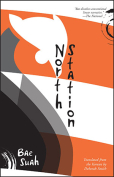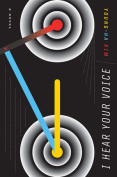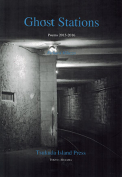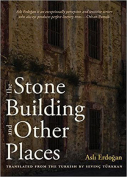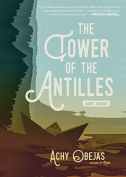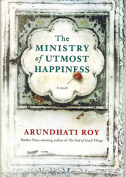Lost Addresses: New and Selected Poems by Diann Blakely
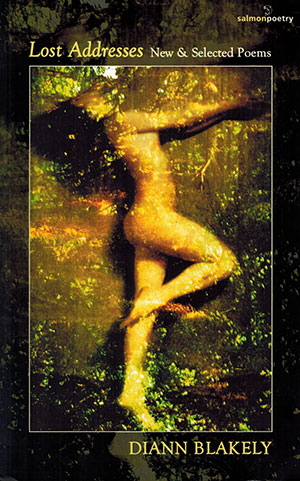 Cliffs of Moher, Ireland. Salmon Poetry. 2017. 110 pages.
Cliffs of Moher, Ireland. Salmon Poetry. 2017. 110 pages.
Diann Blakely’s words are steeped in Anglican liturgy and the deep formalism and dense words of contemporary southern American poets. Each of her poems is as thick as the Tennessee woods, and one can imagine her, pen to notebook, on the mountain at Sewanee, imagining each descant and collect, each sonnet and villanelle. The posthumous collection Lost Addresses is a book of gifts and memorials: to friends, ex-lovers, places, and emotions attached to events long departed. We see grief, intrusion, betrayal, and despair transfigured into sublime requiems. Blakely’s use of forms and liturgical allusions brings at once familiarity and haunting anguish that lingers long into days beyond the reading.
Several poems in the collection demand that the reader consider and contemplate the feminine body and its various performances. In the poem “Opening Credits,” we are introduced to a “six-foot maître d’ at Bar Marmont / [who] Wears a kimono to die for” and is a man who has well-groomed eyebrows. From this description, we wonder if judgment comes next, or how exactly the speaker wants us to read the feminine—as something made up? As sacred? As a part to act? A voice not unlike many southern grandmothers emerges right after this drag encounter, saying, “Whose face is pretty / When pocked and sloshed with tears? Here’s your compact. / Here’s your comb. Small marvels: a clean tissue / And favorite lipstick. Should you have nipped and tucked.” As readers, we are challenged to question the ways in which cosmetic enhancements may help express one’s individuality but may also merely bury emotional wounds.
The question of beauty follows not only the line of bodies but also of place. The poem “Cottonwoods, San Antonio” teaches us how to find beauty in the unexpected and harsh, in “barrio midnights cracked / By gunfire, of sidewalks sprayed with knife-pierced crosses / Or skulls wreathed with roses.” The language sparks with action, and the vivid detail makes clear the passionate culture of the city’s inhabitants. Here, as in every poem, we find the crossroads of artistic expression, violence, and the fibers of centuries-long culture. The poem—this book—is an invitation to and invocation of something far beyond us.
Sarah Warren
University of North Texas
